
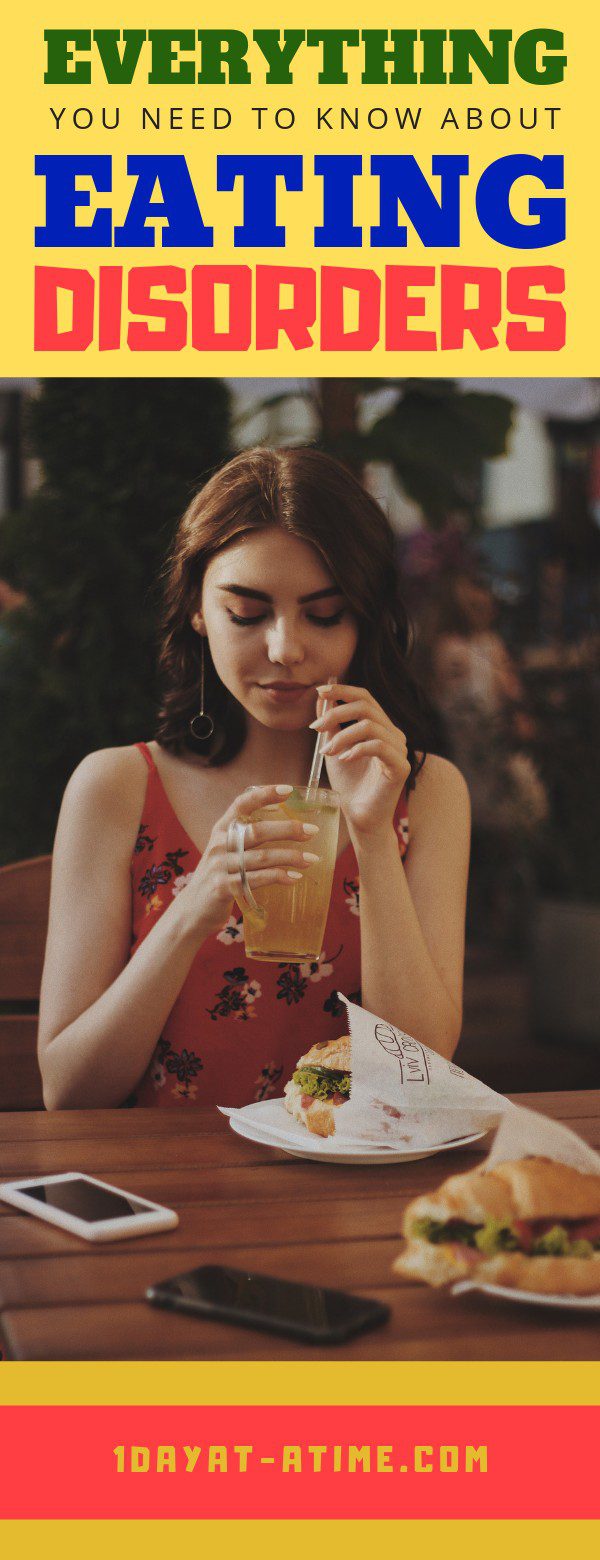
Research shows that there are relatively low levels of psychological health literacy in the community. Consequently, the typical viewpoints and misunderstandings about psychological health affect public responses to eating disorders. It’s imperative to be aware of the facts about mental health and eating disorders. Not only it makes the community more accepting but enhances prevention, identification, and help-seeking. Let’s take a look at some of the most common misconceptions about these disorders and explore the truth.
Myth 1: It’s a choice
A very common perspective is that an eating disorder is a choice, though it’s not. Eating disorders are referred to as complicated therapeutic and psychiatric illnesses that individuals don’t choose for themselves. They are bio-psycho-social disorders that mean genes, biology, environment, and social elements all contribute towards these disorders. Many decades of research reveals that biological factors have a significant influence in developing an eating disorder. They may run in families as the biological tendencies that make people vulnerable to these disorders. Likewise, social factors such as media promoting thin body ideal image is a common example of an environmental trigger that has been associated with an increased risk of developing a disorder for eating. Additionally, environmental factors include physical illness, bullying, and other life stressors. Also, mental health conditions activate these disorders such as depression, social phobia, and anxiety.

Learn How You Can Start Paying More Attention To Your Health Now
Myth 2: Aren’t eating disorders a ‘girl thing’?
Despite the gender or sex, these disorders can affect absolutely anyone. Though they are more common in females, many scholars and clinicians are revealing that a growing number of men and non-binary individuals are seeking help for their disorders. Contrary to the common belief, research shows that 1 out of every 10 people suffering from an eating disorder are men. In fact, within particular diagnostic categories such as Binge Eating Disorder, about 40% of men are affected. It’s equally crucial to screen for these disorders among both males and females.
Myth 3: Anorexia is the only type
There are several different types of disorders when it comes to eating, such as anorexia nervosa, binge eating, and eating disorder not otherwise specified. Anorexia nervosa restrict an individual from eating, bulimia nervosa is followed by bingeing and purging. While binge eating disorder has bingeing behavior but without purging. Eating disorder not otherwise specified involve features of the other disorders and is also the most frequently identified one. In simple words, an eating disorder refers to a disturbance in eating habits.

Check out these Natural Fat Burning Foods To Add To Your Diet
Myth 4: Eating disorders are rare
More than 30 million people are developing this disorder at some point in their life. These disorders occur in a band and there is a massive number of individuals who have experienced disordered eating at some level. Many eating disorders sufferers are at the greatest health risk and require immediate treatment. Combating disordered eating and body image concerns is painful and definitely needs treatment and support. Unfortunately, for many reasons, only 1 out of 10 people get eating disorder treatment.
Myth 5: Anyone suffering from this disorder is thin
When we speak of an eating disorder, most people think of a thin body which evidently looks malnourished. These shocking images are often promoted by the media. Though this can be some suffering from this disorder, it’s not true to think that all people look like that. Binge eating disorder affects people who are very thin while restrictive eating disorders as anorexia can occur at any size. This myth becomes a major barrier for people who need treatment. For people who are thin, if they don’t physically appear to be very thin, they might think that they aren’t suffering from an eating disorder. For those, whose weight falls in the high range, their eating disorder is often ignored. Or at worse, its considered as successful weight loss.
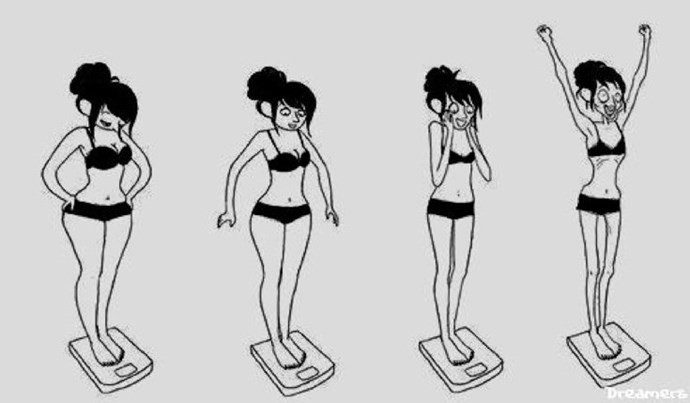
Myth 6: They run in families
Even though no single cause of disordered eating has been identified, there are multiple risk factors that increase the probability of the person experiencing an eating disorder at some phase in their life. These risk factors are extensively grouped into three major categories:
-An individual’s genes may predispose them to develop a disorder for eating.
-Psychological factors considering behaviors and personality characteristics such as depression, stress, low self-esteem, trauma, intricate behavior and being prone to anxiety.
-Society plays a significant role in the perceived body image. For instance, the viewpoint of thinness, muscularity or slimness associated with beauty and accomplishment. Likewise, a troubled family and personal relationships aggravate eating disorders, especially among youngsters.
Family and friends play an important role in the care, support and recovering of people with disordered eating by offering physical and psychological support.
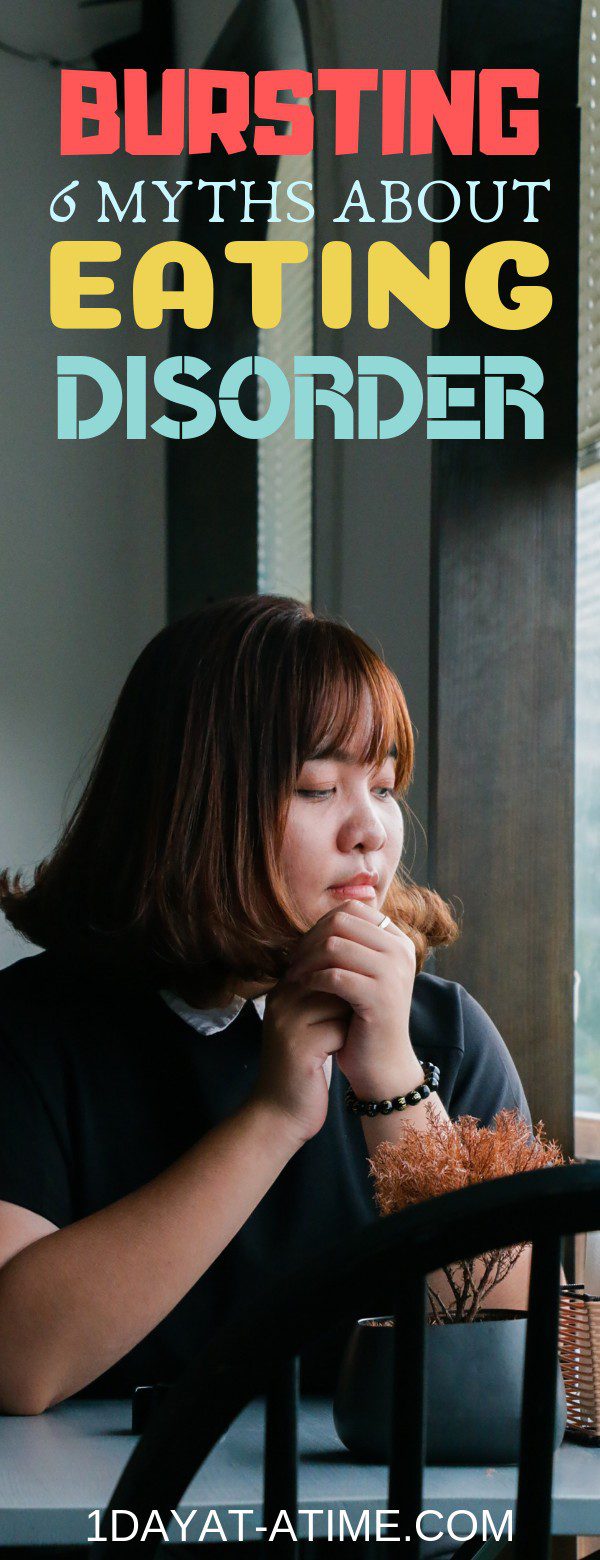
Steps You Need To Take To Put An End To Your Negative Health Cycle
Conclusion:
The major misapprehensions about disordered eating are widespread. These myths eventually lead to the stigma which makes it challenging for many people to seek treatment. Also, it is less likely that medical specialists recognize or detect eating disorders when they happen outside of the typecasts. We hope this article helps you in figuring out the truth behind these myths.
Guest Post – Bio
Khadija Khan is a content writer at edreferral who specializes in writing Search Engine Optimized Articles/blogs, Buying Guides, Product Reviews, and Web Profiling. She is passionate about learning every aspect of SEO content writing and marketing by covering multiple niches. She keeps a record of accomplishment of writing blogs that benefit thousands of individuals in their everyday life issues. When Khadija is not writing, she enjoys spending time reading and traveling.
Learn How Staying Healthy Can Reduce College Stress
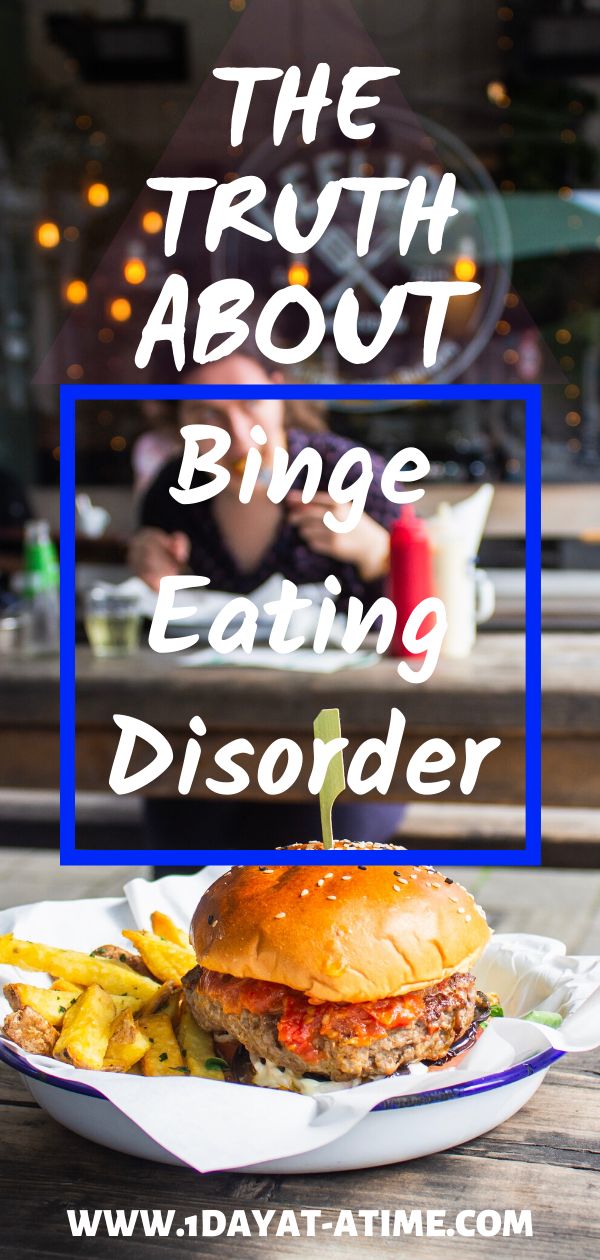
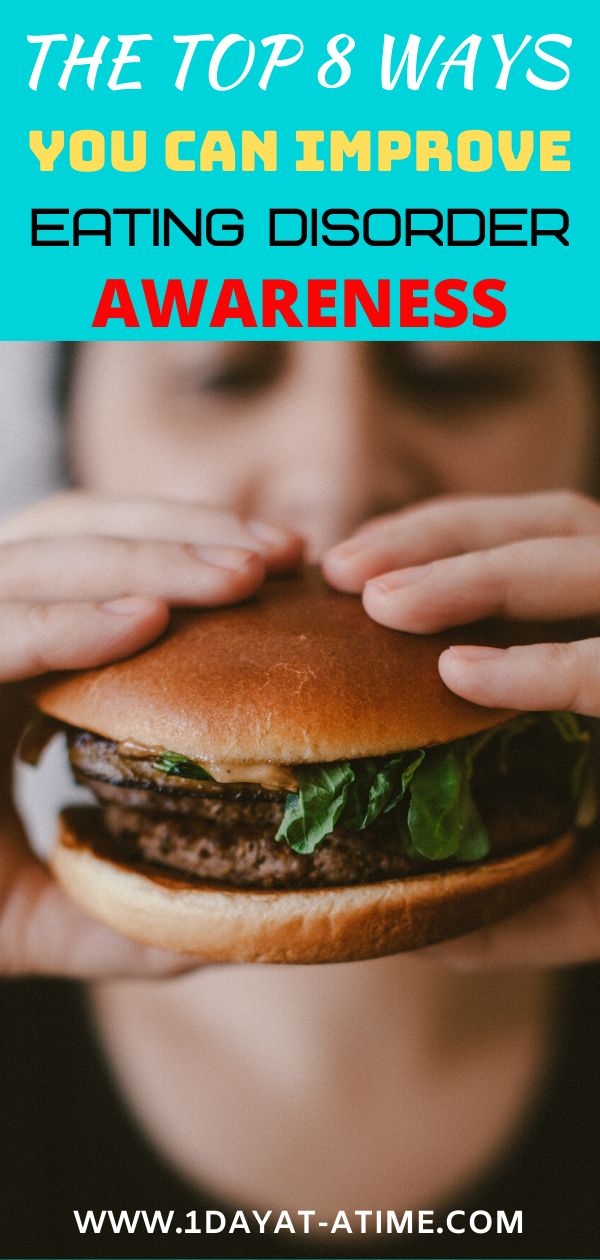
Remember... no matter what challenges you face,
Take it 1 Day At A Time.



1 Comment
Very Helpful 🙂
Comments are closed.